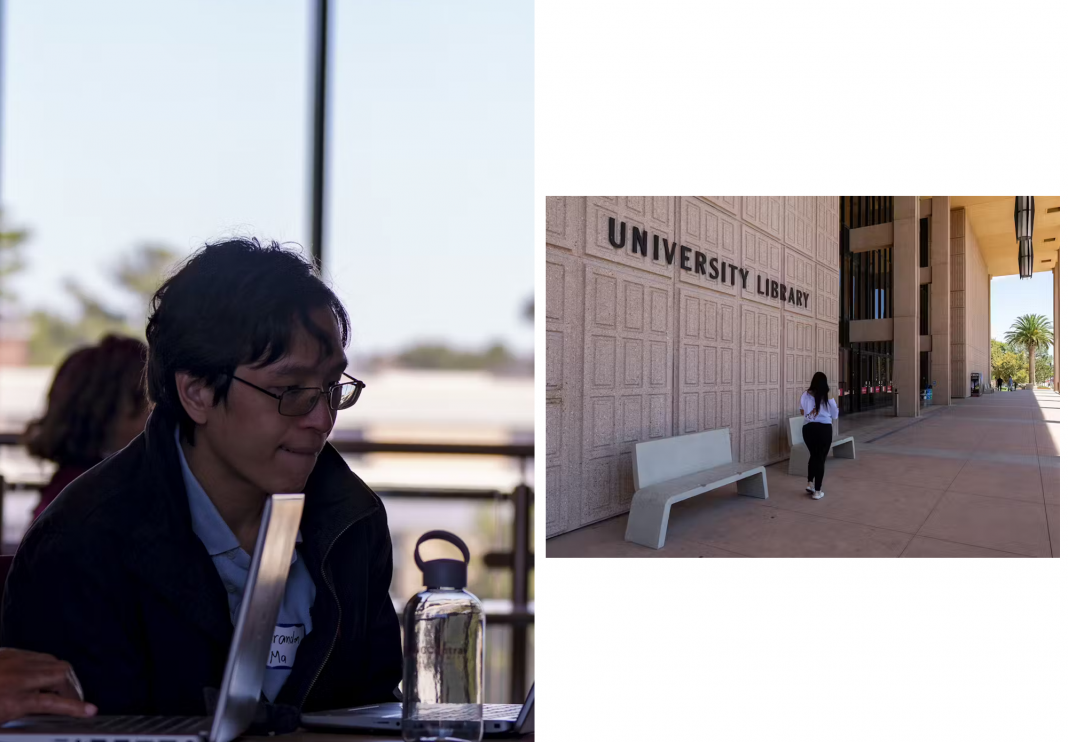The integration of Artificial Intelligence (AI) into higher education is being hailed as the next great leap for productivity and research prestige. From automated grading systems to personalized learning platforms, universities are rushing to adopt solutions that promise efficiency and a cutting-edge reputation. However, this headlong dash into the digital future is revealing a dangerous shift in institutional priorities. As universities partner with large technology firms and Silicon Valley ventures, the core values of academic independence, public service, and unfettered critical inquiry are increasingly being overshadowed by corporate interests and profit motives. The risk is profound: by aligning their destiny with the commercial logic of AI developers, higher education institutions may inadvertently trade their historical role as public-good engines for the fleeting allure of technological supremacy, fundamentally altering the nature of knowledge creation and the academic mission itself.
The AI Hype Cycle and the Efficiency Illusion
The drive to incorporate AI tools across higher education is largely fueled by two powerful forces: the quest for technological prestige and the relentless pressure for efficiency. Universities view AI adoption as a necessary strategy to attract top students and faculty, positioning themselves at the forefront of the modern economy. This desire for tech prestige often leads to hasty and uncritical integration, prioritizing speed over thoughtful evaluation of long-term consequences.

Simultaneously, university administrators see AI as a panacea for rising costs and shrinking public funding. Automated systems are promised to streamline everything from administrative tasks and student registration to providing personalized feedback on assignments. Yet, this focus on efficiency risks devaluing the human element of teaching. Education is, at its heart, a relational and human-intensive process, and treating it as a purely transactional system to be optimized by algorithms strips away the nuanced interactions—the mentorship, the serendipitous conversation, and the critical debate—that constitute genuine learning and academic development.
The Quiet Privatization of Public Research Agendas
When universities embrace AI, they inevitably enter into deep financial and operational partnerships with the private sector. These arrangements, often involving large grants or shared research labs, can subtly yet powerfully steer the institution’s research agenda. Historically, academic research has been driven by intellectual curiosity and the pursuit of public good—advancing knowledge that benefits society as a whole, regardless of commercial viability.

However, corporate AI partnerships are inherently focused on commercial outcomes and proprietary advantage. When funding is tied to developing specific algorithms, datasets, or applications, faculty research priorities shift to align with the sponsor’s business strategy. This process amounts to a quiet privatization of publicly funded knowledge. Research resources—including university-trained talent and publicly acquired data—are deployed to develop technologies that primarily serve the financial interests of a private corporation, rather than the broader public domain. This compromises the fundamental purpose of the public research university.
Erosion of Academic Governance and Values
The influence of corporate AI extends beyond the research lab and begins to permeate the very structures of academic governance. As large tech firms become indispensable partners, their business ethics, values, and operational models start to influence how universities are run. Decision-making may increasingly adopt a business logic where metrics, short-term ROI, and market trends outweigh traditional academic values like shared governance, intellectual freedom, and pedagogical critique.
For example, when an institution relies on a single vendor’s AI platform for student engagement or learning management, that vendor gains significant control over the data streams and the pedagogical methods that shape the student experience. This reliance transfers decision-making power from faculty and academic senates to external commercial entities, creating a form of vendor lock-in. The university’s independence is compromised when the technology necessary for its day-to-day operation is controlled by an external body whose primary loyalty is to shareholders, not students or scholars.
The Data Dilemma and the Student Privacy Risk

The integration of AI systems requires the collection, analysis, and storage of massive amounts of highly sensitive data, including student performance metrics, behavioral patterns, financial information, and personal communications. When this data is managed by third-party corporate entities, it introduces profound and systemic privacy and ethical risks to the academic community.
For a technology company, this data is an asset—the fuel for future product development and profit. For the university, it represents a sacred trust and a responsibility to protect its community members. The terms of data ownership and usage in AI contracts are often opaque, raising concerns that student and faculty data could be repurposed, monetized, or exposed to security vulnerabilities beyond the university’s control. Furthermore, the use of predictive analytics on this data can lead to algorithmic bias that unfairly profiles and disadvantages specific groups of students, undermining the university’s commitment to equity and inclusion. The promise of personalized education must be carefully weighed against the risk of pervasive digital surveillance and the abdication of data stewardship to profit-driven organizations.
Reclaiming Independence: A Call for Critical AI Literacy
To safeguard the university’s public service mission, higher education must consciously decelerate the AI rush and re-center its decisions on core academic values. The solution is not to reject AI, but to champion critical AI literacy and develop independent institutional capacity.

This requires a deliberate shift in strategy, urging universities to invest in developing and auditing their own AI tools, or to establish non-profit, collaborative frameworks that retain data sovereignty and control over the algorithms’ design. Faculty and students must be empowered to rigorously critique the AI systems they use, examining them for bias, efficacy, and ethical alignment. The university must treat AI as a subject of critical study and ethical oversight, not merely as a business utility. By prioritizing intellectual freedom and the pursuit of knowledge for the public good over the fleeting prestige of technological adoption, higher education can reclaim its independence and ensure that the powerful tools of AI serve the long-term mission of education, not merely the short-term interests of the corporate world.



